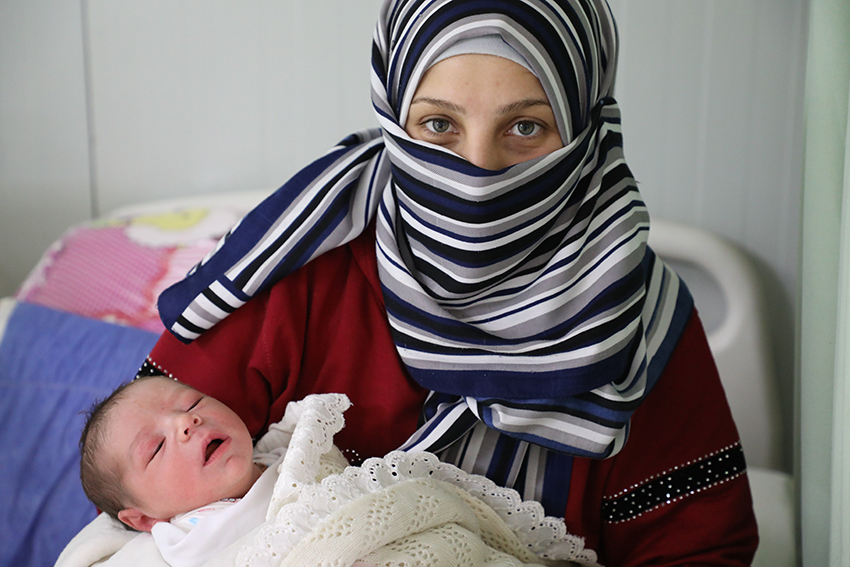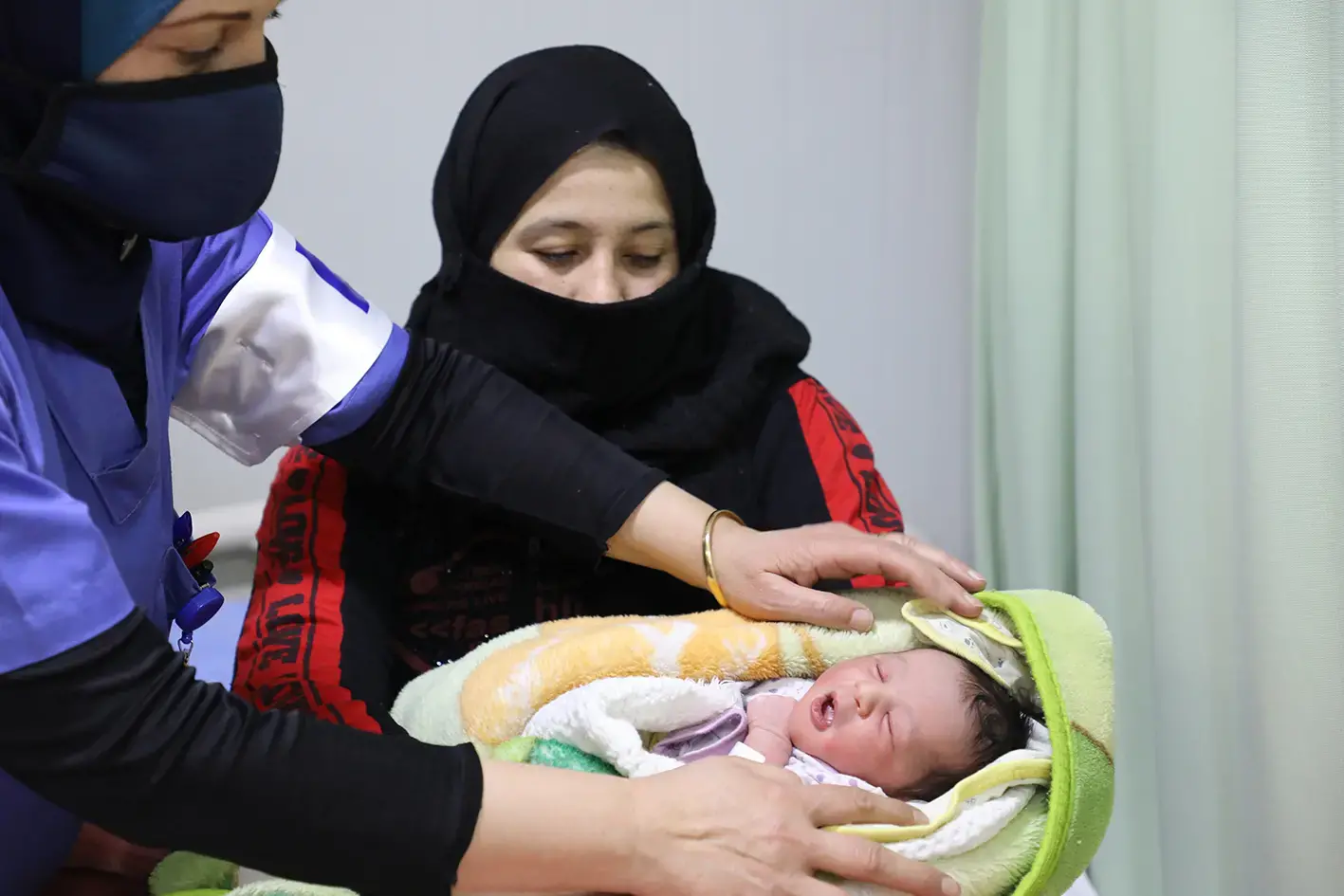Through its work, UNFPA aims to promote the Sexual and Reproductive Health and Rights (SRHR) of all individuals, particularly those who are most vulnerable and marginalized. By ensuring that individuals have access to these essential services, UNFPA is contributing to the achievement of the United Nations' Sustainable Development Goals, including those related to gender equality, health, and well-being.
The United Nations Population Fund (UNFPA) advocates for sexual and reproductive health services around the world to ensure that individuals have access to the information, services, and products they need to make informed decisions about their reproductive health. UNFPA recognizes that reproductive health is a fundamental human right and that individuals should be able to exercise their right to access comprehensive sexual and reproductive health services without discrimination or coercion. These services include family planning, maternal health care, and preventing and treating sexually transmitted infections (STIs), including HIV/AIDS.
Through its partnerships with governments, civil society organizations, and other stakeholders, UNFPA strengthens health systems, improves access to quality services, and advances policies and programs that promote sexual and reproductive health and rights.
Sexual and Reproductive Health Programme work in Jordan
UNFPA Jordan's SRH Programme focuses on sexual and reproductive health and rights, maternal health, family planning, adolescent sexual and reproductive health, and gender-based violence (GBV) identification and response. The SRH programme builds on the Jordan Country Office's priority contributions to accelerate the achievement of the three zeros by 2030: ending preventable maternal deaths, ending unmet needs for family planning, and ending gender-based violence and harmful practices against women and girls. In this regard, UNFPA Jordan CO focuses on the roll-out of a comprehensive package of SRHR interventions, adhering to the three foundational principles for the implementation of comprehensive SRHR: equity in access, quality of care, and accountability.
In maternal health, UNFPA Jordan works to improve access to skilled birth attendants, essential obstetric care, and emergency obstetric care. UNFPA also provides training for midwives and nurses to improve maternal and neonatal health outcomes. In family planning, UNFPA Jordan supports the national family planning programme, advocates for increased access to family planning services, and provides training for health care providers. In GBV prevention and response, UNFPA Jordan works with partners in the health sector response to GBV, including clinical management of rape services. In addition, UNFPA Jordan focuses on adolescent sexual and reproductive health and supports the integration of SRH services into primary health care.

UNFPA Jordan's priorities for its SRH programme include the following:
- Increasing access to family planning services and reducing unmet needs for family planning.
- Improving maternal health outcomes, particularly for vulnerable populations such as refugees and the poor.
- Addressing gender-based violence and promoting gender equality.
- Strengthening national health systems and building the capacity of healthcare providers.
- Promoting the integration of SRH services into primary healthcare.
To achieve these priorities, UNFPA Jordan is implementing initiatives such as:
- Supporting the Ministry of Health to increase access to family planning services in primary health care centers.
- Providing training for health care providers in emergency obstetric and newborn care.
- Implementing a comprehensive GBV programme in partnership with other UN agencies and local NGOs.
- Providing adolescent-friendly SRH services in schools and youth centers.
- Supporting the Ministry of Health to integrate SRH services into primary health care.
Work in Humanitarian Settings
UNFPA Jordan's work in humanitarian settings includes:
- Providing reproductive health kits to healthcare facilities in refugee camps and other humanitarian settings.
- Supporting mobile clinics to reach refugees and displaced persons in remote areas.
- Providing GBV prevention and response services in refugee camps and other humanitarian settings.
- Providing training for health care providers on the Minimum Initial Service Package to address the unique SRH needs of refugees and displaced persons.


